In a world that’s more connected than ever, are you feeling increasingly cut off? Ever wondered why the UK feels like it’s on an island of its own, both literally and figuratively?
1. Brexit Fallout
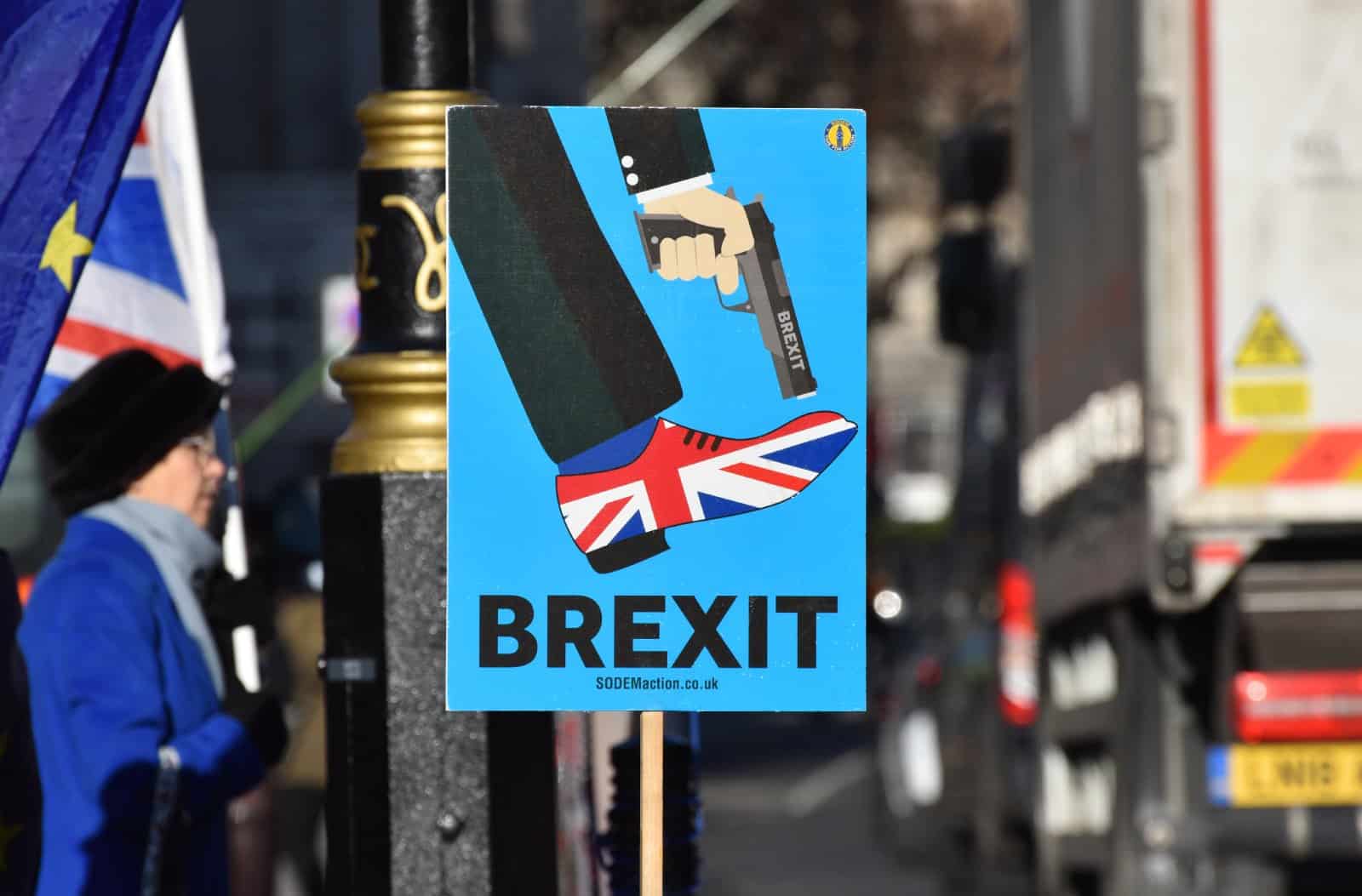
Since Brexit, many Brits feel a tangible disconnect from Europe. The end of free movement and trade complications have created real barriers.
2. Travel Restrictions

COVID-19 travel restrictions and subsequent bureaucracy have made international travel more daunting. Holidays now require more planning and patience than ever.
3. Economic Uncertainty
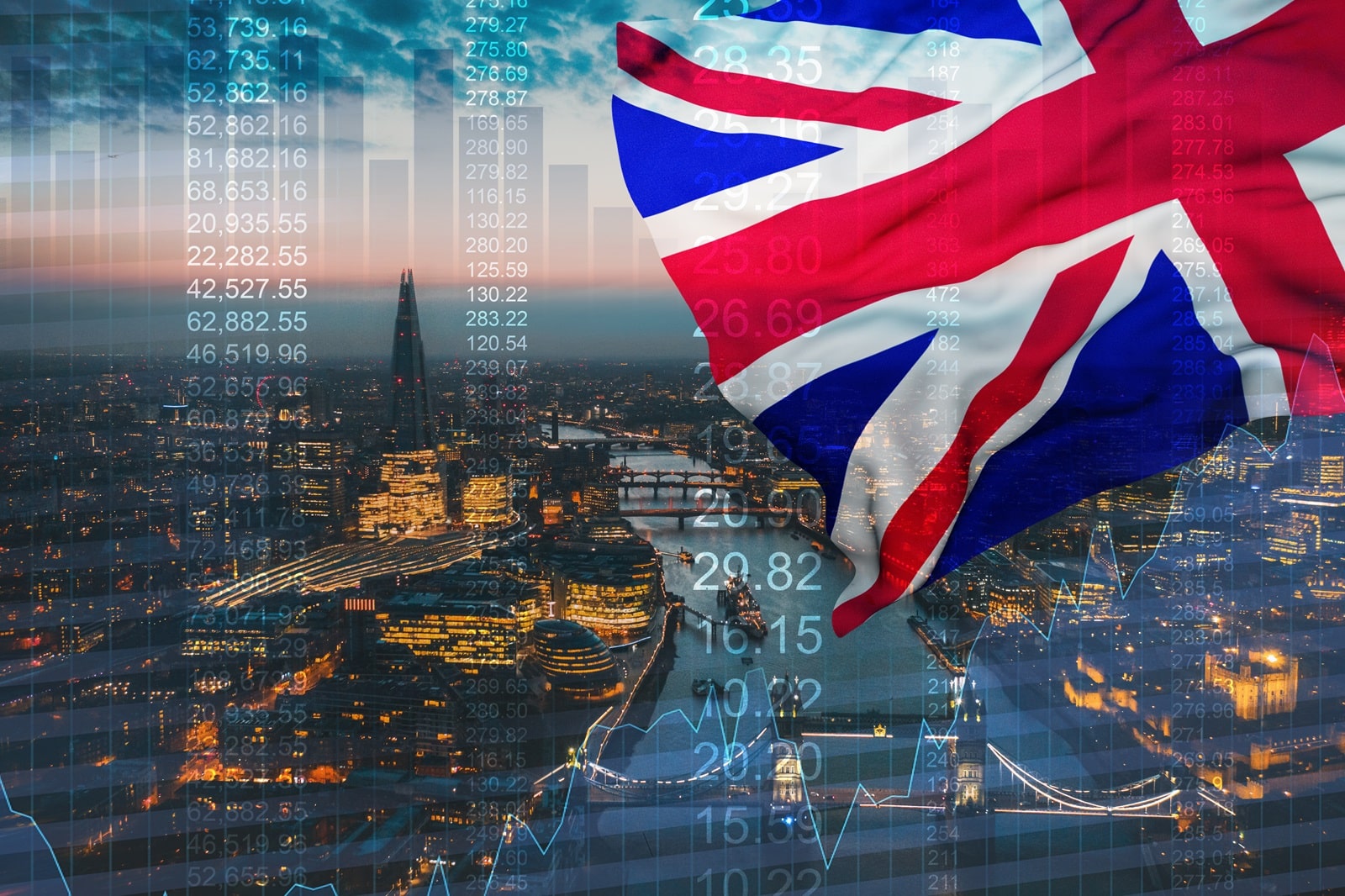
Economic instability and fluctuating exchange rates post-Brexit have made overseas travel and trade more expensive and unpredictable.
4. Political Polarisation
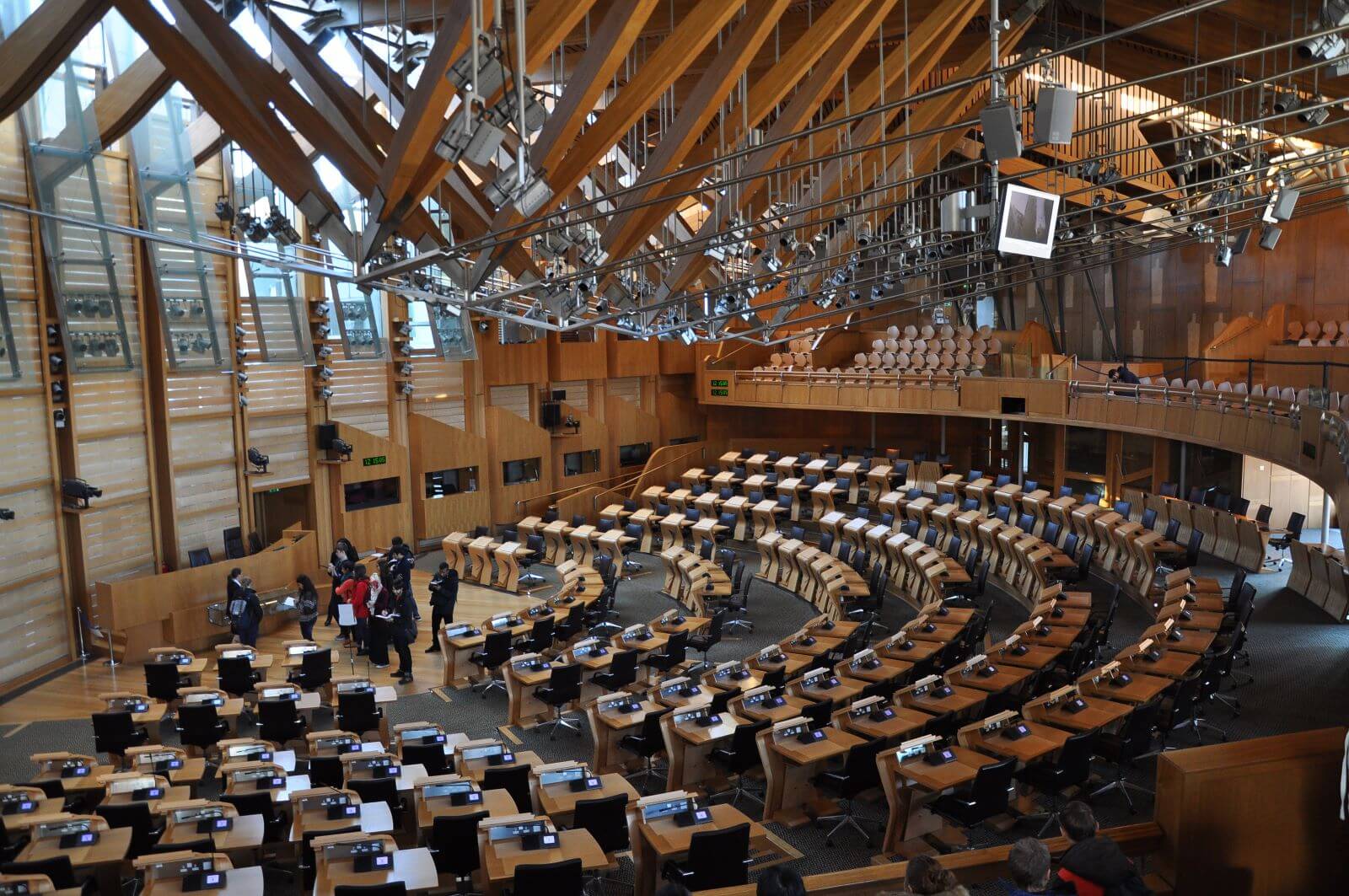
The political landscape has become highly polarised, making international diplomacy more strained and less cooperative.
5. Media Influence

British media often portrays an “us vs them” narrative, especially regarding Europe and the US, fostering a sense of division.
6. Cultural Differences
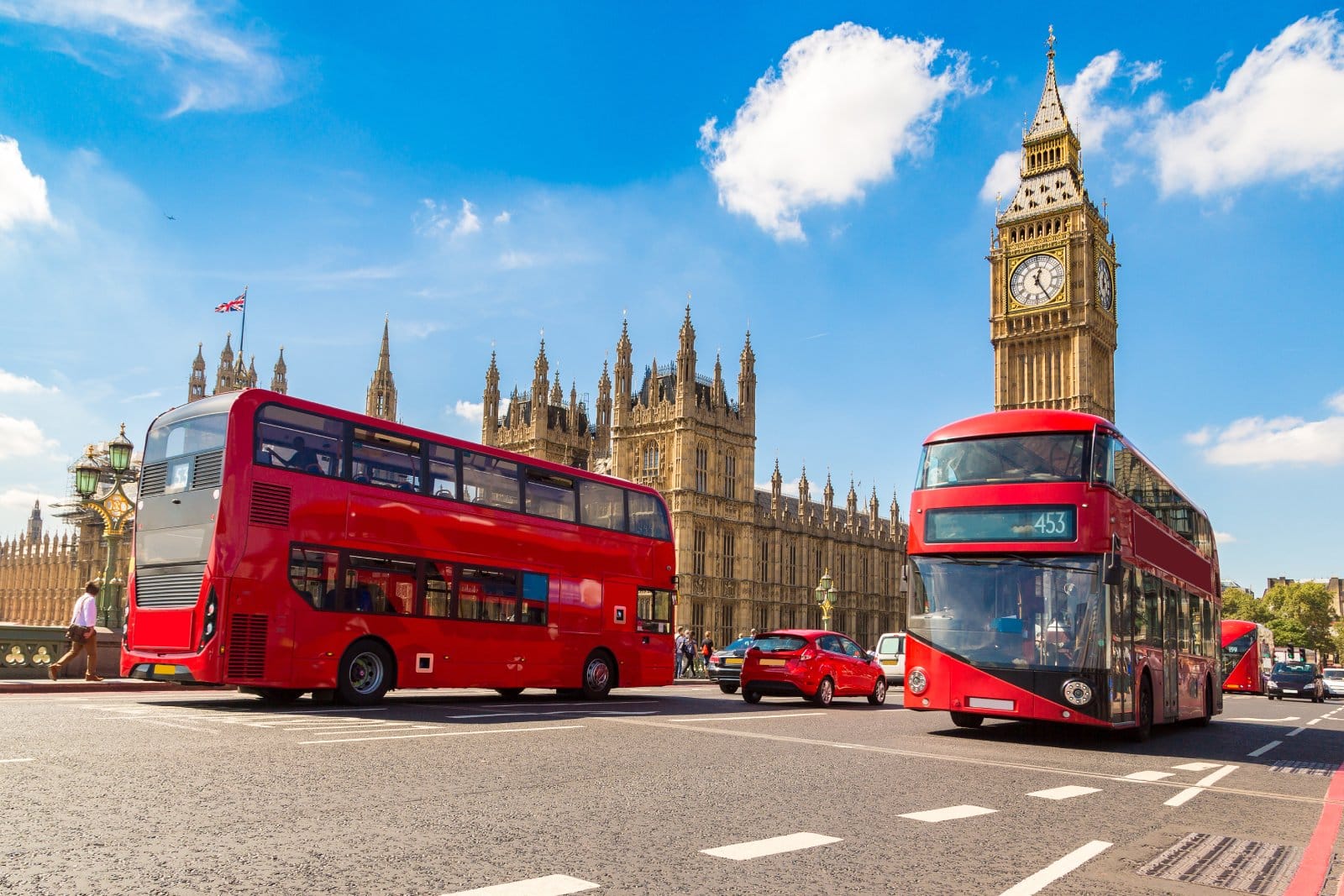
The UK’s unique cultural heritage can sometimes feel out of step with global trends, making international integration challenging.
7. Digital Divide

Despite being a tech-savvy nation, the UK still faces a digital divide that hampers global connectivity, particularly in rural areas.
8. Decline in Language Learning
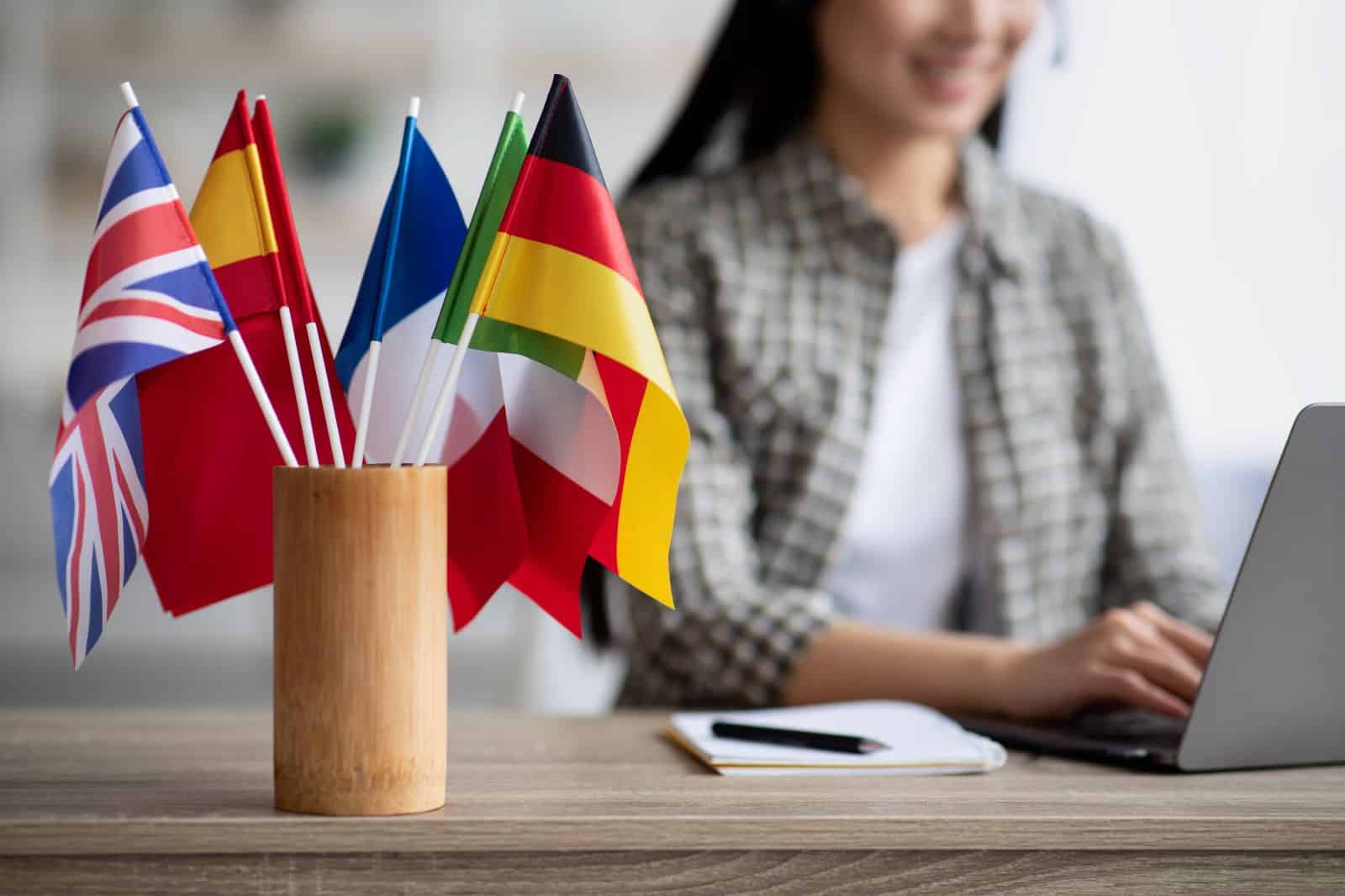
A decline in learning foreign languages has left many Brits feeling linguistically isolated, limiting communication with the rest of the world.
9. Environmental Policies

The UK’s environmental policies sometimes clash with those of other nations, creating friction and a sense of isolation.
10. Immigration Policies
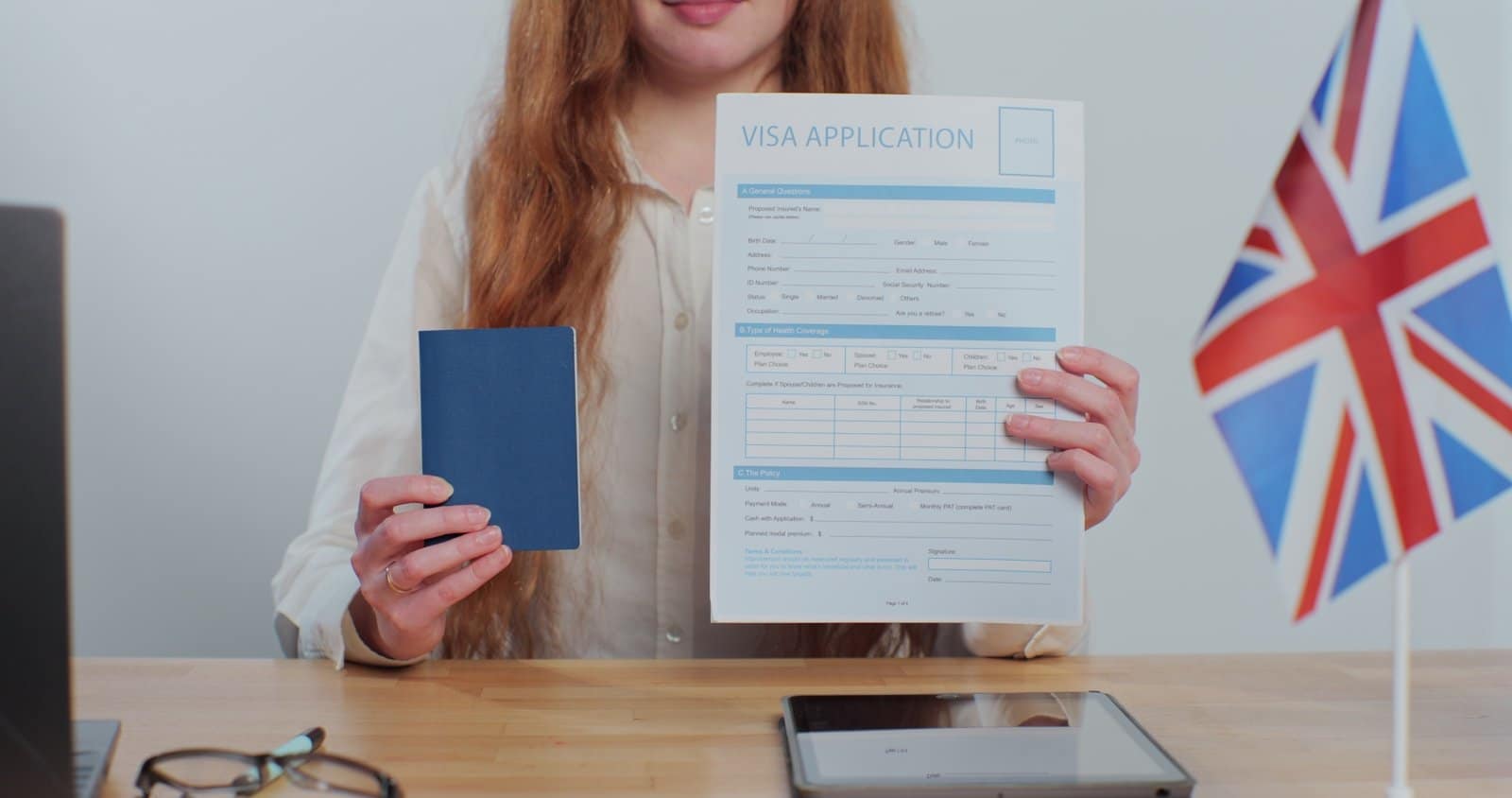
Tightened immigration policies, post-Brexit have led to fewer international students and workers, reducing cultural exchange.
11. Rising Nationalism

A rise in nationalism and a focus on “British values” have sometimes led to a retreat from global engagement.
12. Public Transport Limitations
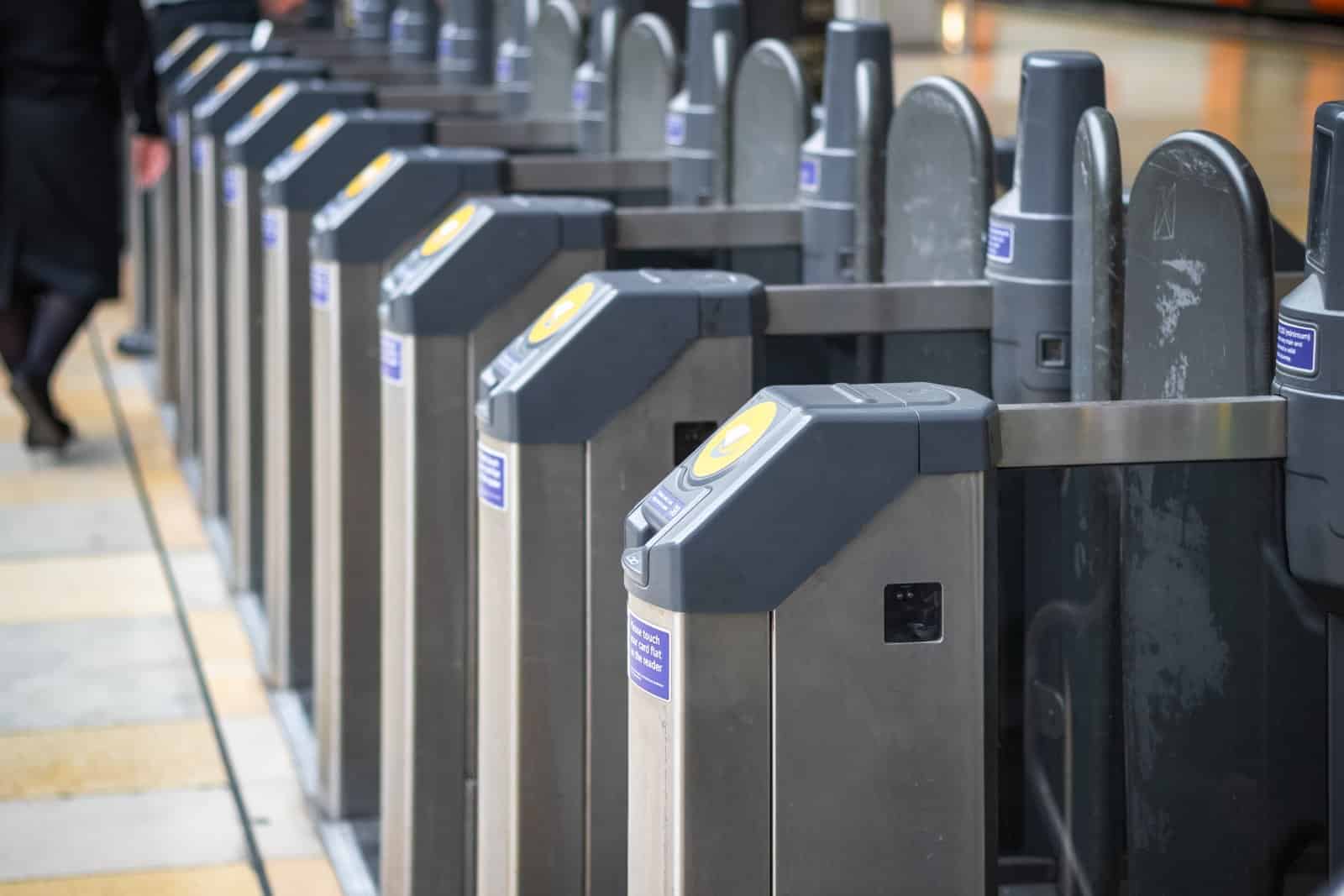
Compared to some other countries, the UK’s public transport network can feel outdated and insular, limiting easy international travel.
13. Healthcare Systems

The NHS, while cherished, operates quite differently from healthcare systems in other countries, creating a sense of separation.
14. Social Media Echo Chambers

Social media often creates echo chambers, reinforcing nationalistic views and isolating Brits from global perspectives.
15. Work-Life Balance

Differences in work-life balance expectations can make it hard for Brits to relate to work cultures in countries like France or Germany.
16. Education System

The British education system, with its unique qualifications and structure, can feel out of sync with international systems.
17. Sporting Culture

While football is global, other beloved British sports like cricket and rugby can feel niche, fostering a unique sporting identity.
18. Television and Film

British TV and film often focus on uniquely British stories and settings, which can feel isolating compared to more internationally-focused media.
19. Geographic Isolation
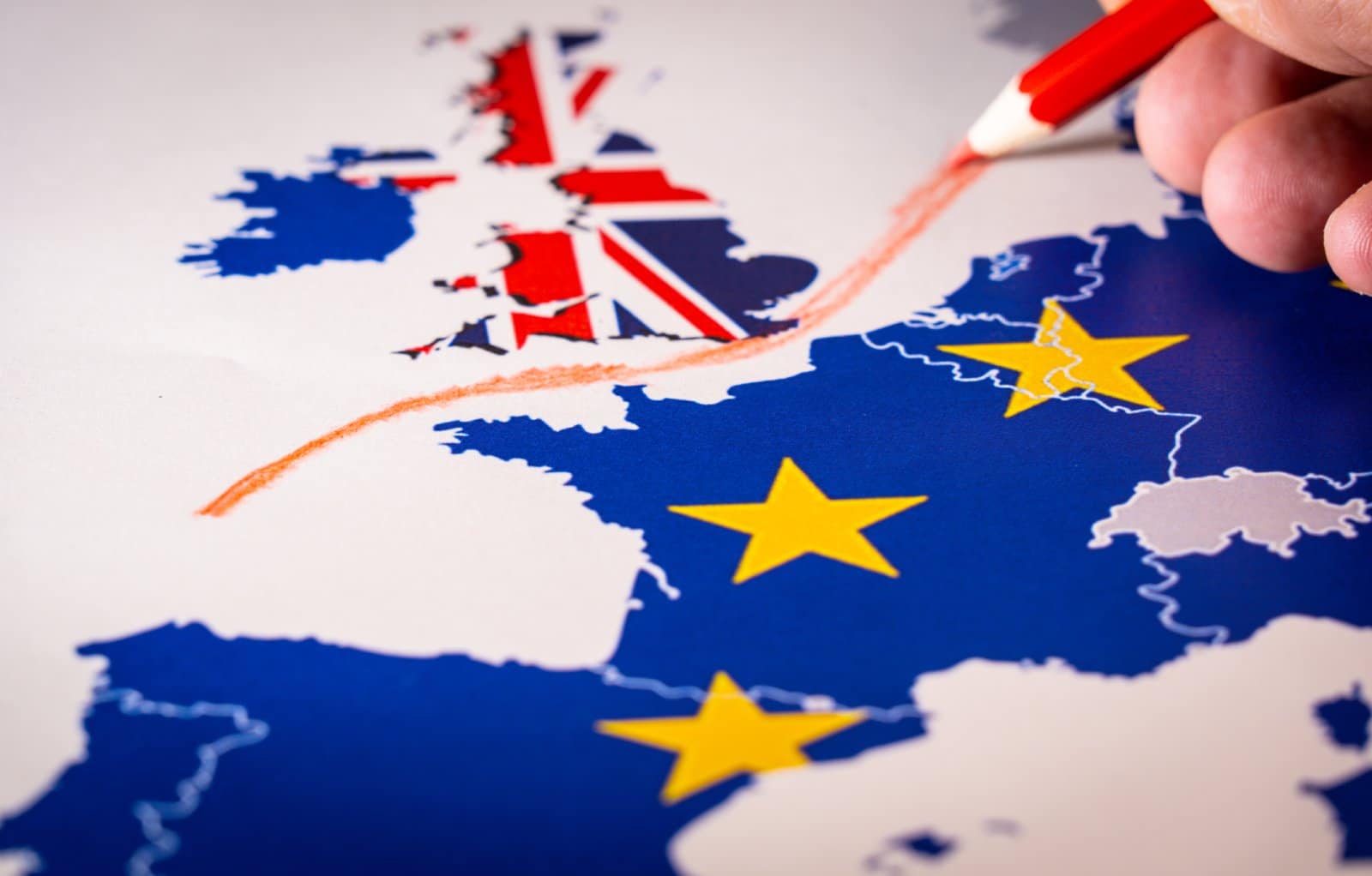
The physical separation of the UK from mainland Europe naturally fosters a sense of geographic and psychological isolation.
20. Historical Perspective
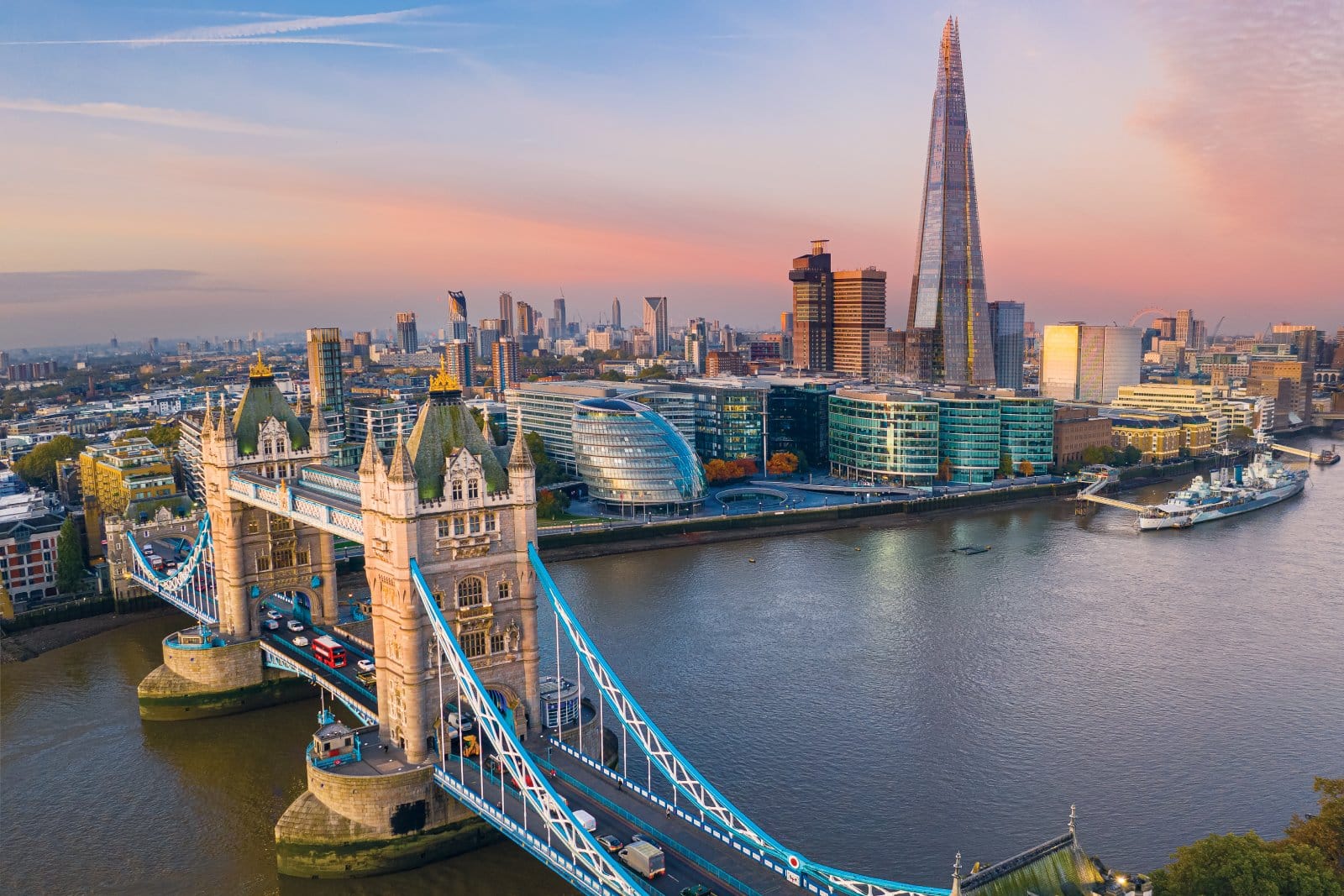
A long history of colonialism and empire has left a legacy that sometimes hinders modern international relations and understanding.
21. National Celebrations

Unique national holidays and celebrations, like Bonfire Night and the Queen’s Jubilee, can highlight differences rather than commonalities with other countries.
It’s Not All Doom and Gloom
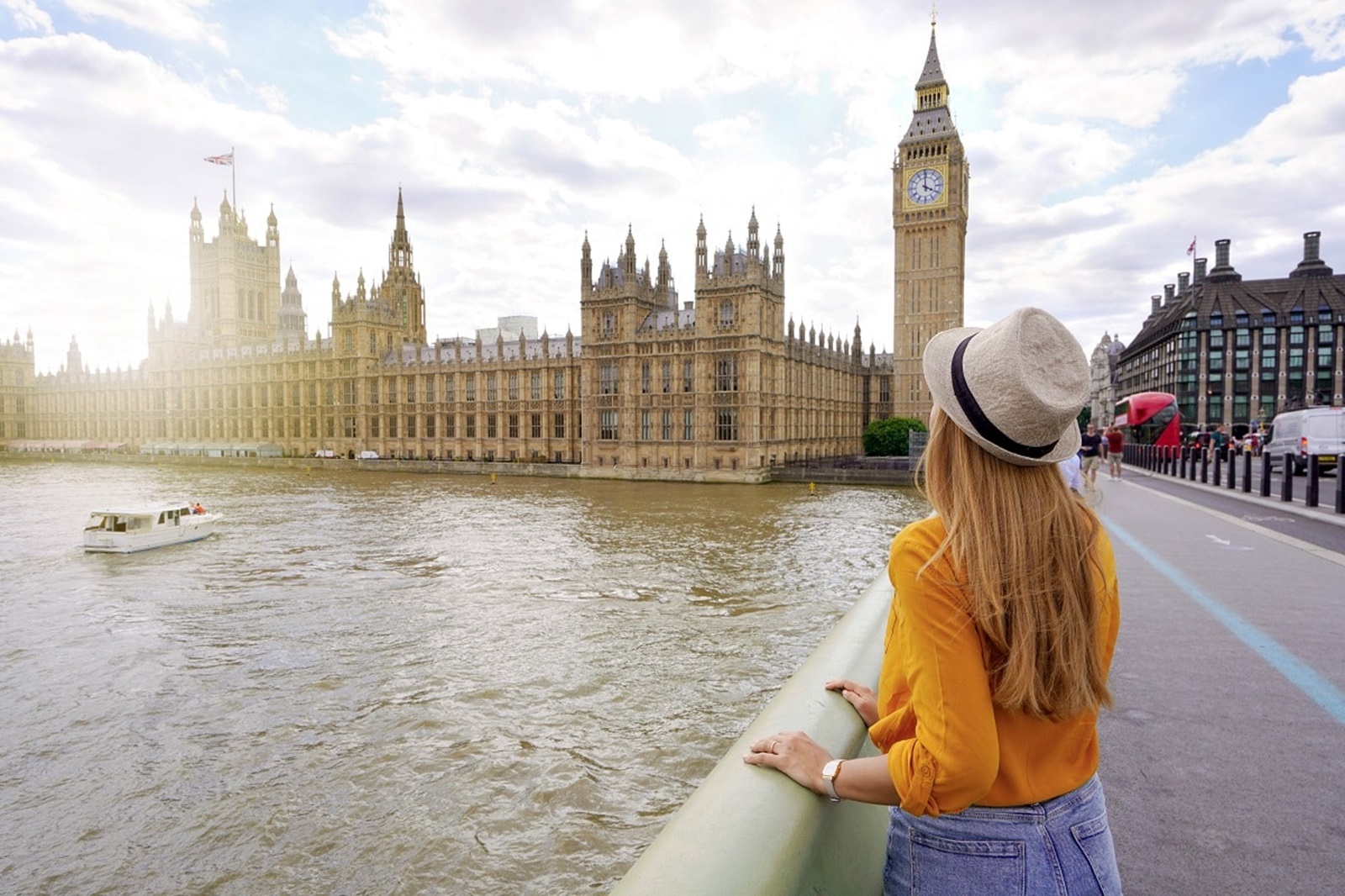
Isolation isn’t always a bad thing; it gives the UK its unique charm and resilience. But staying open-minded and connected is crucial in an increasingly globalised world. What do you think can bridge the gap?
Featured Image Credit: Shutterstock / IR Stone.
For transparency, this content was partly developed with AI assistance and carefully curated by an experienced editor to be informative and ensure accuracy.

